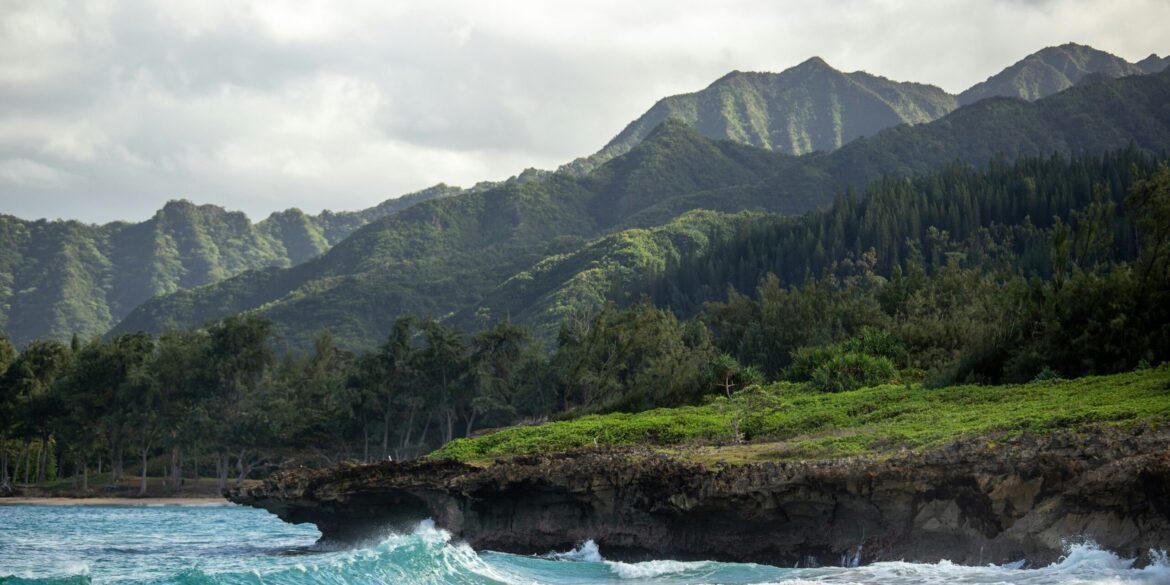In a groundbreaking move to address the escalating impacts of climate change, Hawaii has enacted legislation that increases taxes on tourists to fund environmental protection and climate resilience projects. Governor Josh Green signed the bill into law on May 28, 2025, marking the first time a U.S. state has directly linked tourism-generated tax revenue to climate adaptation initiatives.
New Tax Measures Targeting Tourists
Effective January 1, 2026, the state’s Transient Accommodations Tax (TAT) on hotel rooms, vacation rentals, and timeshares will rise by 0.75%, bringing the state portion of the tax to 11%. When combined with existing county lodging taxes and the general excise tax, the total levy on short-term accommodations will approach 19%, placing Hawaii among the highest in the nation for such taxes.
Additionally, starting July 1, 2026, an 11% tax will be imposed on cruise ship passengers, prorated based on the number of days their vessel is docked in Hawaiian ports. This measure aims to align maritime tourism contributions with those of land-based visitors.
Funding Climate Resilience and Environmental Protection
The new taxes are projected to generate approximately $100 million annually. These funds will be allocated to a range of environmental initiatives, including:
- Replenishing eroded beaches, such as Waikiki
- Clearing invasive grasses that increase wildfire risk
- Installing hurricane clips to secure rooftops during storms
- Building firebreaks to prevent the spread of wildfires
- Supporting a new state fire marshal role
Governor Green emphasized the necessity of such measures, particularly in the wake of the devastating 2023 Lahaina wildfire that claimed 102 lives. “This is about protecting Hawaii and creating a model for the rest of the country,” he stated.
Industry and Public Response
The legislation has garnered support from Hawaii’s tourism industry, with hotels and resorts recognizing the importance of preserving the state’s natural beauty to maintain its status as a top destination. State Representative Adrian Tam highlighted the critical role of environmental stewardship in sustaining tourism, noting that neglecting natural resources could jeopardize the industry’s future.
However, the cruise industry has expressed concerns over the new tax. Norwegian Cruise Line, which operates the Pride of America—the only U.S.-flagged cruise ship offering weekly Hawaiian itineraries—has indicated potential legal action or the possibility of withdrawing its year-round vessel from the state, citing financial impacts of the tax.
Implementation and Oversight
While Governor Green initially proposed directing the additional revenue into a dedicated environmental fund, the final legislation channels the funds into the state’s general fund. Nonetheless, the law stipulates that the governor must request appropriations for specific climate resilience and environmental protection projects, ensuring that the funds are used as intended.
The success of this initiative will depend on transparent and effective use of the funds, with state leaders acknowledging the importance of maintaining public trust. As Hawaii continues to face the challenges posed by climate change, this pioneering approach may serve as a model for other states seeking sustainable funding mechanisms for environmental protection.

